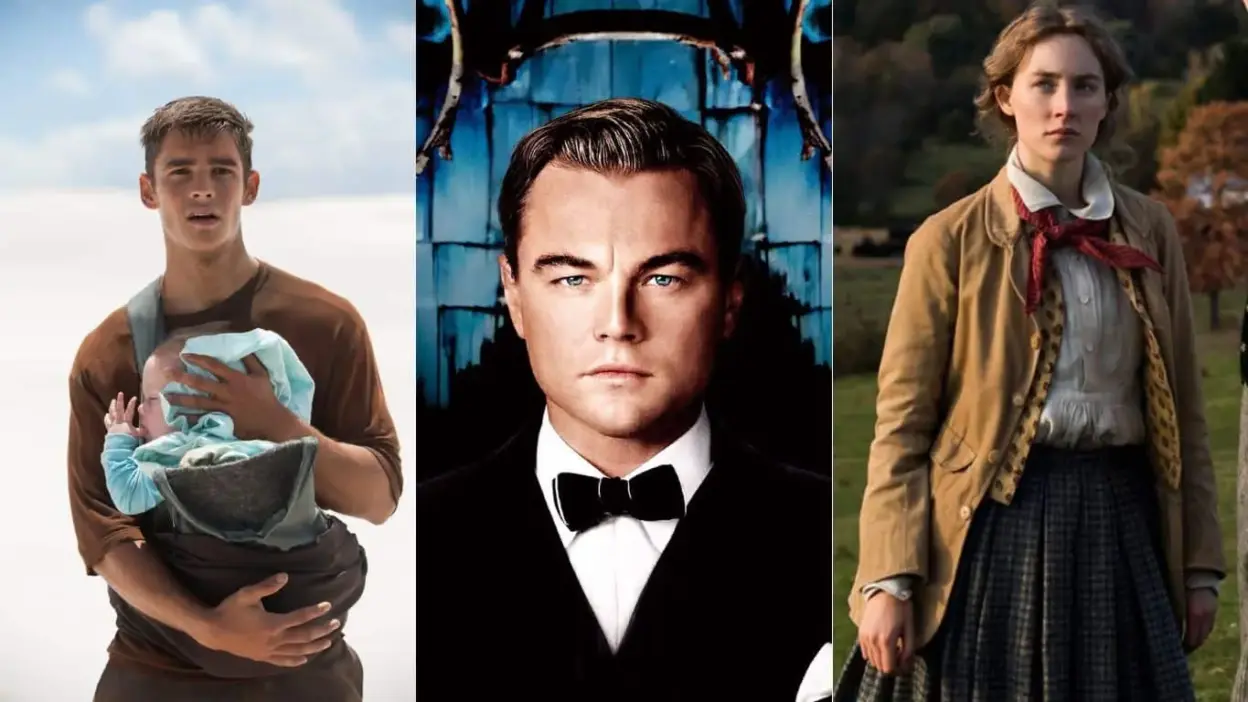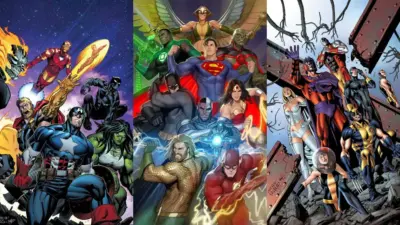- Jay Gatsby from “The Great Gatsby” by F.
- Shakespeare portrays Juliet as both strong-willed and vulnerable, challenging her family’s expectations and societ…
- Juliet’s story is a poignant reminder of the power of love and the cruel caprices of fate.
- John Watson provides a grounded and humane counterpoint to Holmes’s analytical genius.
- Through Watson’s eyes, readers are drawn into the mysteries of Victorian London, with its foggy streets and enigma…
- His loyalty, medical expertise, and military background make him an indispensable ally in Holmes’s investigations.
The tapestry of literature is adorned with characters that leave an indelible mark on our hearts and minds. Among them, characters whose names start with the letter ‘J’ stand out for their compelling narratives and complex personalities. Let’s dive deeper into the lives and stories of 10 Memorable characters from Books Whose Names Begin with ‘J’.
10 Memorable characters from Books Whose Names Begin with ‘J’
Jay Gatsby from “The Great Gatsby” by F. Scott Fitzgerald

The quintessential emblem of the Roaring Twenties’ opulence and the elusive American Dream, Jay Gatsby captivates readers with his profound longing and tragic pursuit of love. Living in a mansion on West Egg, Gatsby throws lavish parties, hoping to reconnect with his lost love, Daisy Buchanan.
His mysterious past, boundless optimism, and eventual downfall paint a poignant picture of a man who embodies the excesses and disillusionments of his era. Gatsby’s unyielding chase after an idealized version of love and success, only to be met with the harsh realities of societal indifference and betrayal, makes his story timeless and deeply resonant.
Jane Eyre from “Jane Eyre” by Charlotte Brontë
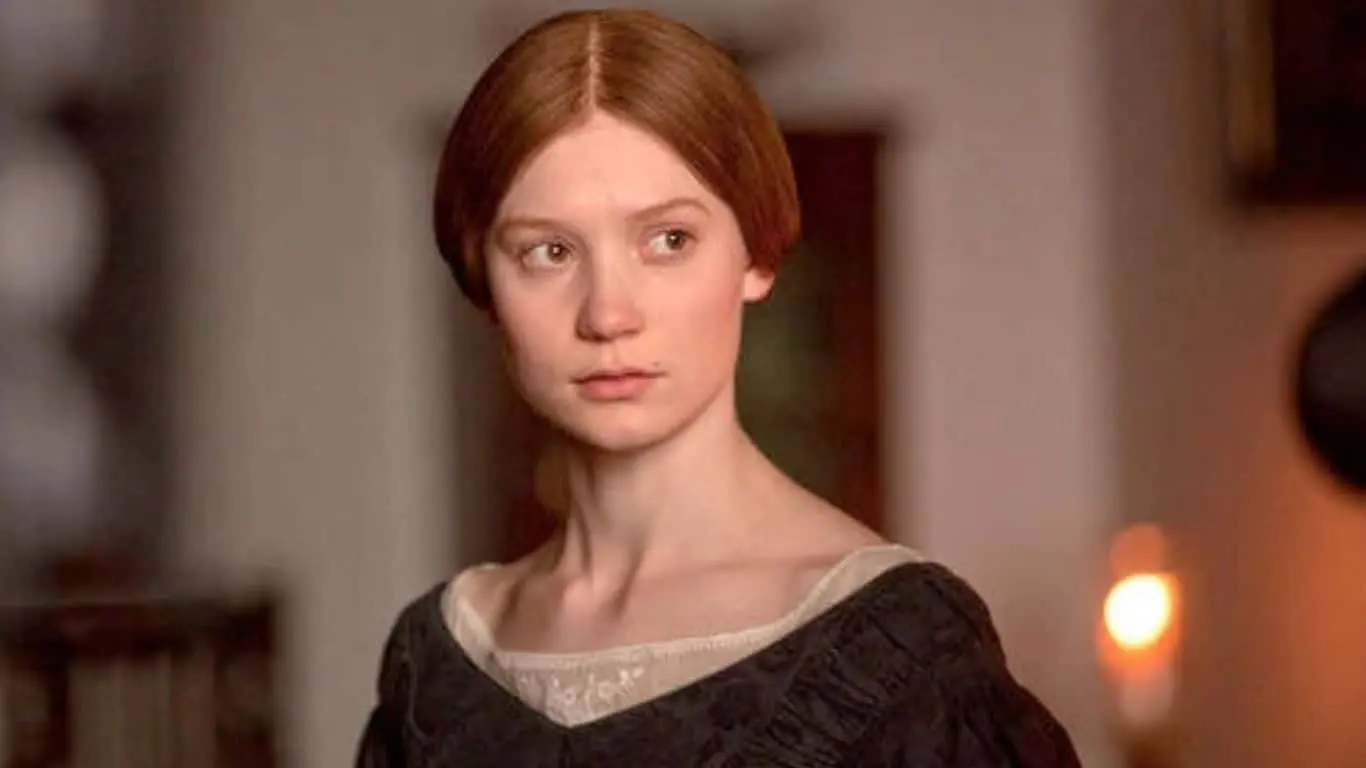
From the trials of her early life in poverty and orphanhood, Jane Eyre emerges with a steadfast sense of self and moral integrity. Her journey, marked by an indomitable spirit and a quest for love and belonging, challenges the rigid social hierarchies and gender norms of Victorian England.
As a governess at Thornfield Hall, she meets the mysterious Mr. Rochester, and their complex relationship evolves amidst secrets and revelations. Jane’s resilience, independence, and unwavering commitment to her principles not only challenge the status quo but also offer a compelling exploration of dignity, equality, and personal freedom.
Jo March from “Little Women” by Louisa May Alcott

Aspiring to be a writer, she navigates the constraints placed upon women in the 19th century, striving to maintain her independence while supporting her family. Jo March is the embodiment of ambition, creativity, and nonconformity. Her fiery temper, sharp wit, and compassionate heart make her an enduring feminist icon.
Jo’s struggles with her own imperfections, her journey towards understanding and acceptance, and her ultimate realization of her dreams through perseverance and self-discovery, resonate with readers across generations, making her one of literature’s most beloved characters.
Jean Valjean from “Les Misérables” by Victor Hugo
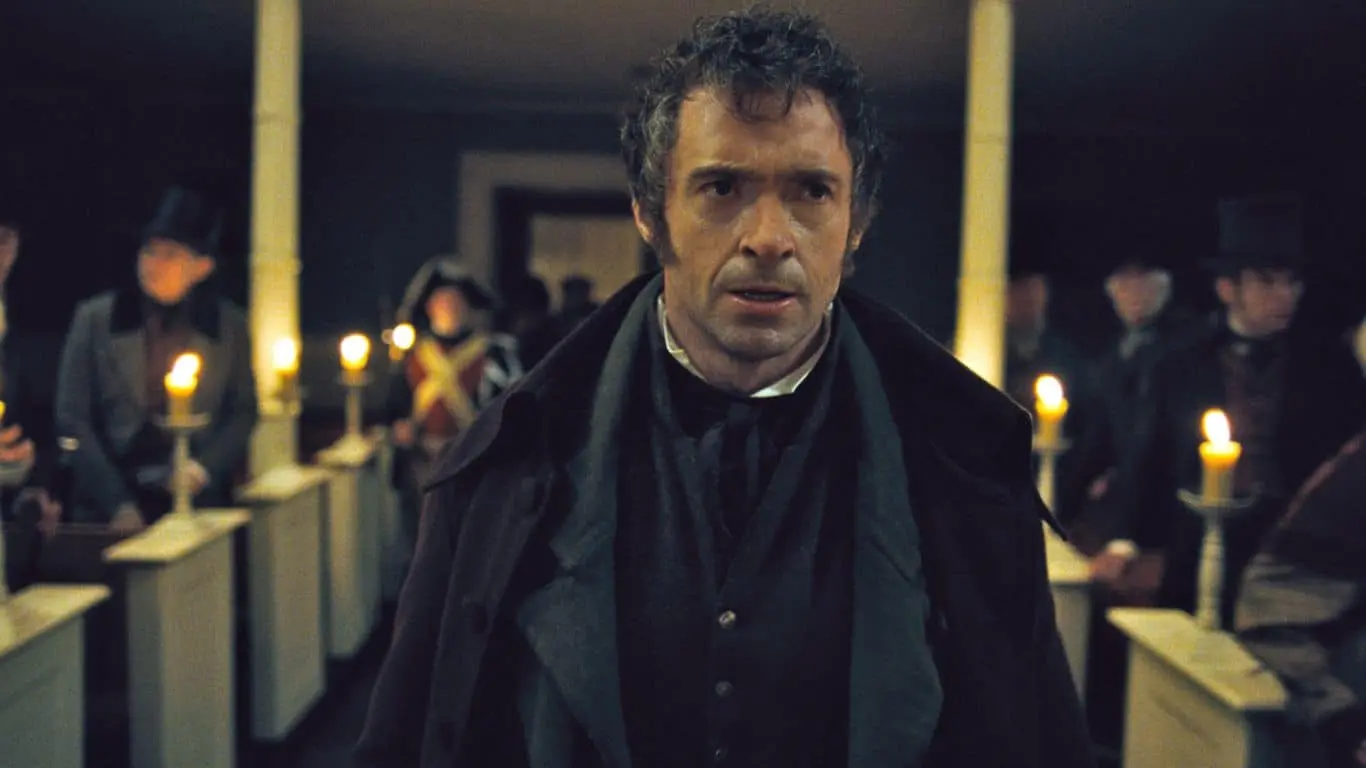
The transformation of Jean Valjean from a hardened convict to a compassionate benefactor is a powerful testament to humanity’s capacity for change and redemption. His relentless pursuit by the law, represented by Inspector Javert, mirrors the unforgiving nature of justice and society.
Valjean’s acts of kindness, his moral dilemmas, and his ultimate quest for redemption amidst the backdrop of revolutionary France, explore themes of conscience, sacrifice, and the inherent goodness within. His journey is a profound meditation on grace, forgiveness, and the transformative power of love.
Jack Torrance from “The Shining” by Stephen King

As the winter caretaker of the Overlook Hotel, Jack’s initial intentions to reconnect with his family and work on his writing are quickly subsumed by the hotel’s malevolent influence. Jack Torrance’s descent into madness is a harrowing exploration of isolation, addiction, and the disintegration of the family unit.
King masterfully portrays Jack’s struggle against his own inner demons and the supernatural forces at play, making him a tragic figure ensnared by forces beyond his control. The psychological depth and complexity of Jack’s character offer a chilling and nuanced study of the human psyche.
Juliet Capulet from “Romeo and Juliet” by William Shakespeare
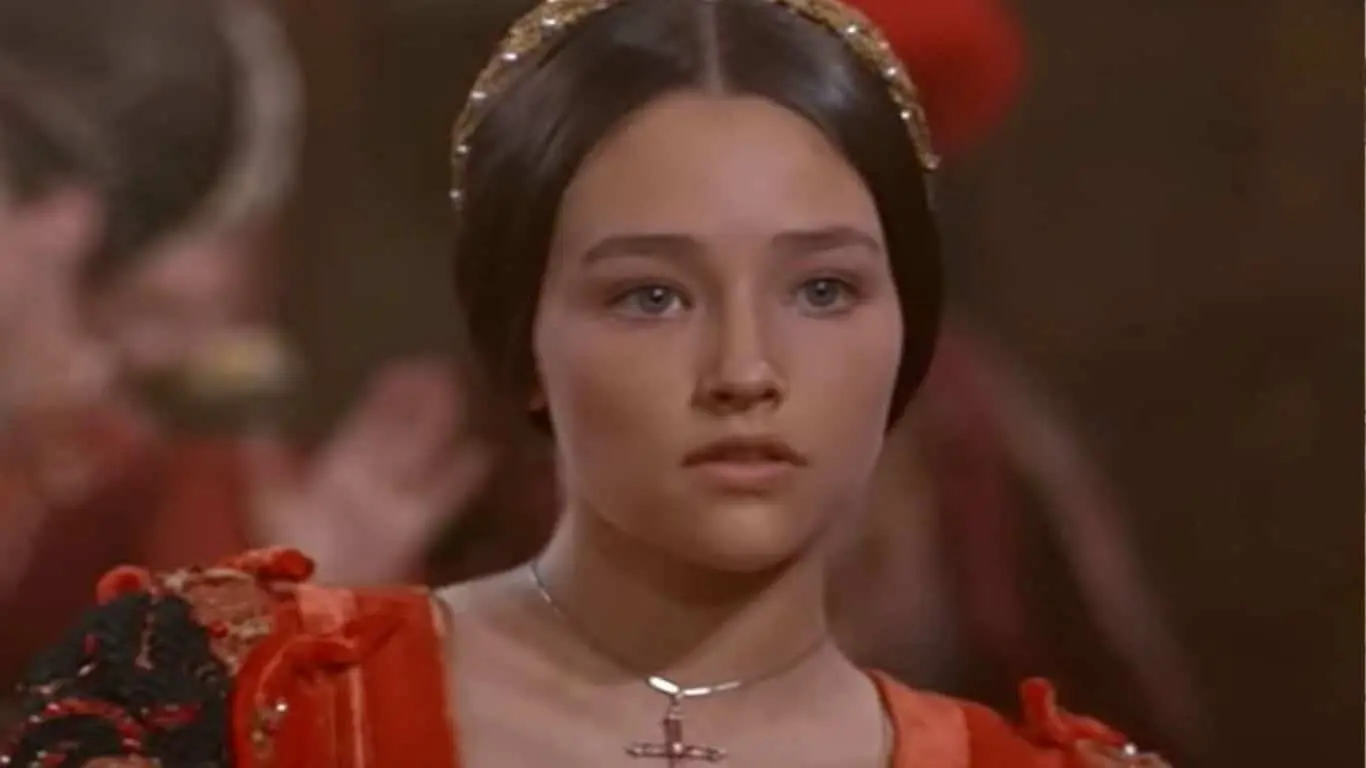
In her passionate and ill-fated romance with Romeo Montague, Juliet Capulet captures the intensity and naivety of young love. Shakespeare portrays Juliet as both strong-willed and vulnerable, challenging her family’s expectations and societal norms in pursuit of her heart’s desire.
Her eloquence, depth of feeling, and tragic end embody the timeless struggle between individual desires and social constraints. Juliet’s story is a poignant reminder of the power of love and the cruel caprices of fate.
Jem Finch from “To Kill a Mockingbird” by Harper Lee
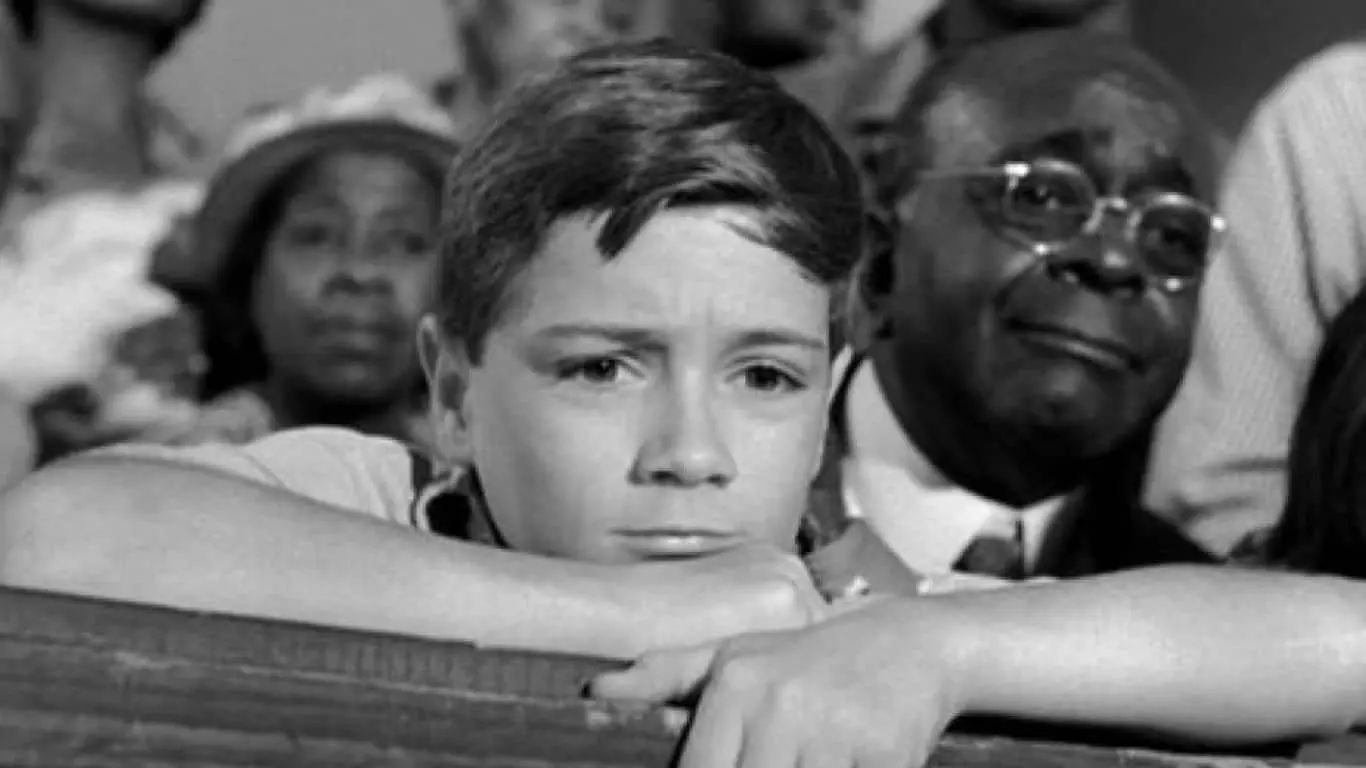
The journey of Jem Finch from innocence to a mature understanding of the racial injustices in Maycomb County serves as a powerful narrative of growth and awakening. As the elder brother to Scout and the son of the morally upright Atticus Finch, Jem navigates the complexities of justice, empathy, and human frailty.
His transition from childhood innocence to the stark realities of the adult world, particularly in the face of his father’s defense of Tom Robinson, highlights the loss of innocence and the development of a personal moral compass.
James Bond from the James Bond series by Ian Fleming

The iconic British spy known as 007, James Bond epitomizes suave sophistication, daring espionage, and the perpetual fight against global threats. Fleming’s creation, with his penchant for luxury, love affairs, and lethal confrontations, has transcended the pages of literature to become a symbol of the Cold War era and the ultimate spy archetype.
Bond’s adventures, characterized by exotic locales, intricate plots, and moral ambiguities, explore the complexities of loyalty, duty, and the personal costs of a life spent in the shadows.
John Watson from the Sherlock Holmes series by Sir Arthur Conan Doyle
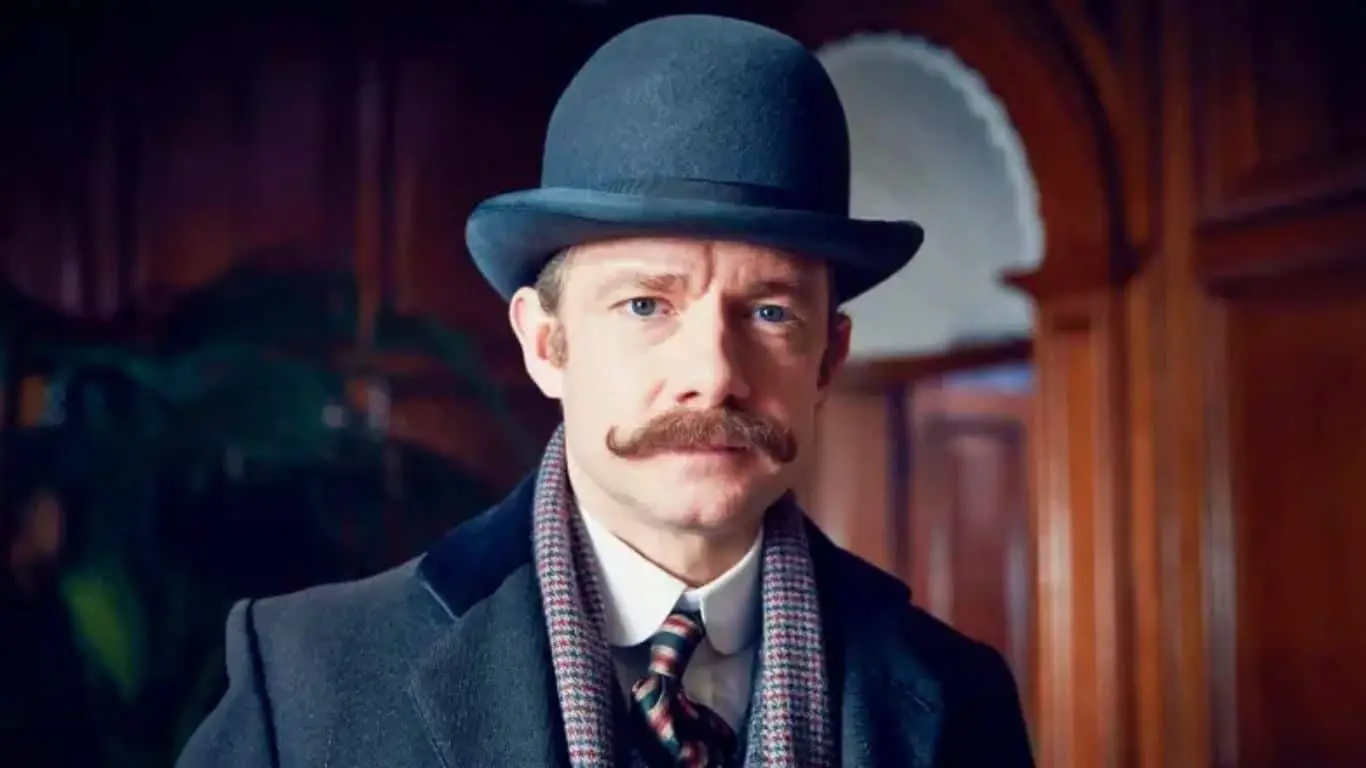
As the steadfast companion to the brilliant detective Sherlock Holmes, Dr. John Watson provides a grounded and humane counterpoint to Holmes’s analytical genius. Through Watson’s eyes, readers are drawn into the mysteries of Victorian London, with its foggy streets and enigmatic crimes.
His loyalty, medical expertise, and military background make him an indispensable ally in Holmes’s investigations. Watson’s narrative voice and his friendship with Holmes offer a warm and relatable entry point into the detective’s extraordinary intellect and the mysteries they unravel together.
Jonas from “The Giver” by Lois Lowry

The protagonist of Lowry’s dystopian world, Jonas embarks on a journey of awakening that challenges everything he knows about his society’s suppression of emotions, history, and color. Selected to be the Receiver of Memory, Jonas becomes the keeper of past experiences, both beautiful and painful, which opens his eyes to the costs of his community’s enforced conformity.
His courageous choice to escape and seek a life of authenticity and freedom poses profound questions about the value of individuality, the importance of memory, and the meaning of true humanity.
Also Read: 10 Memorable characters from Books Whose Names Begin with ‘I’
